Science & Society
Sign up for our newsletter
We summarize the week's scientific breakthroughs every Thursday.
-
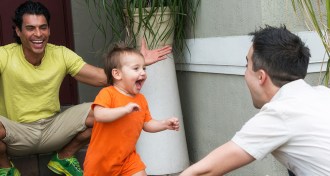 Science & Society
Science & SocietyRocky families, not same-sex parents, blamed for kids’ troubles in adulthood
Range of adult problems linked to childhood family changes, not gay parents.
By Bruce Bower -
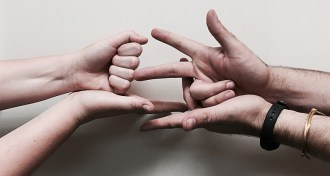 Science & Society
Science & SocietyShort memory can be good strategy
Game theory reveals that there’s a limit to the effectiveness of relying on prior results to predict competitors’ behavior.
By Andrew Grant -
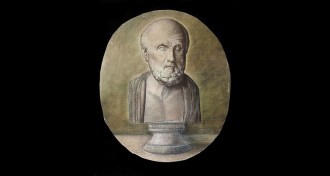 Math
MathEvidence-based medicine lacks solid supporting evidence
Saving science from its statistical flaws will require radical revision in its methods
-
 Physics
PhysicsNobel laureate finds beauty in science and science in beauty
In ‘A Beautiful Question,’ Frank Wilczek explores links between math and art
-
 Science & Society
Science & SocietyWhy enforced ‘service with a smile’ should be banned
If management wants workers to maintain false cheer, those workers should be trained, supported and compensated for the emotional labor, a new review suggests.
-
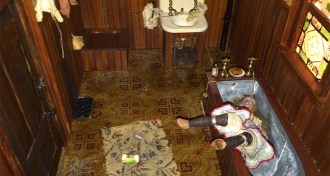 Science & Society
Science & SocietyHow dollhouse crime scenes schooled 1940s cops
In the 1940s, Frances Glessner Lee’s dollhouse murder dioramas trained investigators to look at crime scenes through a scientific lens.
-
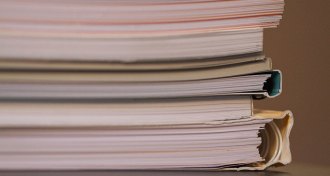 Psychology
PsychologyPsychology results evaporate upon further review
Less than half of psychology findings get reproduced on second tries, a study finds.
By Bruce Bower -
 Science & Society
Science & SocietyA bot, not a Kardashian, probably wrote that e-cig tweet
Some 80 percent of recent e-cigarette-related tweets were promotional in nature, raising concerns that the positive spin is targeting a young audience.
-
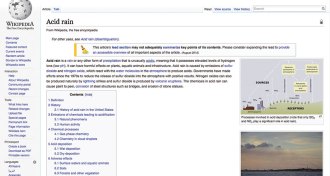 Science & Society
Science & SocietyContentious science topics on Wikipedia subject to editing mischief
Global warming and other politically charged issues are prime targets for sabotage on Wikipedia.
By Meghan Rosen -
 Science & Society
Science & SocietyMonster fish, forensics and space exploration on display
Exhibits and opera infuse science into their experience.
-
 Health & Medicine
Health & MedicineBuilding standards aren’t to blame for chilly offices
A recent study made headlines for finding differences between men and women in comfort level for heating and cooling. But that’s not why women are cold in the office.
-
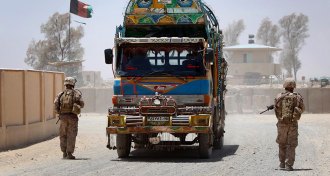 Psychology
PsychologyDecision tree for soldiers could reduce civilian deaths
A new, three-part decision formula may help soldiers save civilians’ lives.
By Bruce Bower